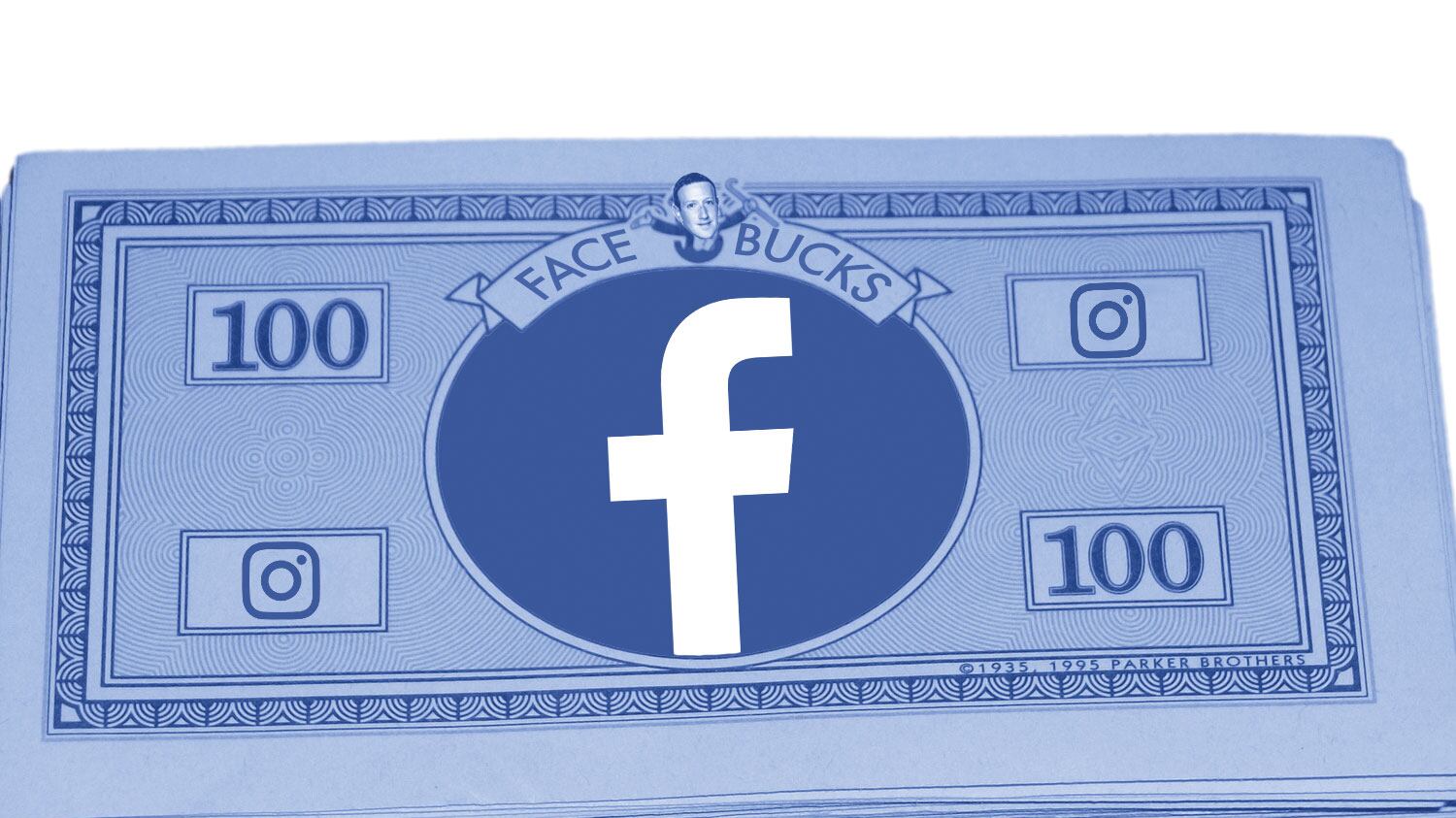Facebook is coming to Portland, via its new cryptocurrency, Libra.
Last month, the Portland-based humanitarian aid non-profit Mercy Corps announced it was joining the group tasked with helping develop Libra.
Libra is a mobile-accessible currency built on blockchain, a technology that creates a decentralized public ledger of financial transactions like an ever-growing chain of receipts knit together every time someone spends Libra. Facebook touts it as the new global currency. Unlike bitcoin, another popular type of cryptocurrency, Libra will be backed globally by assets like bank deposits and government securities, which experts say make it more stable. Critics argue transaction histories on a public blockchain ledger can be exploited, and that Facebook's careless handling of people's personal data should raise alarm.
Ric Shreves, Mercy Corps' senior technology adviser, says the organization is aware of Facebook's reputation but that it is joining the Libra Association as a "financial inclusion ally."
We asked Shreves how Libra might help Mercy Corps' work with global communities, and whether the currency can be trusted.
1. Why did Mercy Corps decide to get involved with Libra?
We saw something that had great potential for financial inclusion, but there wasn't somebody there representing the disenfranchised populations. While we were acutely aware there's reputational risk and it's an unproven thing and there's controversy about cryptocurrency, we thought it more important that we have a seat at the table.
2. What aspects of Libra will make Mercy Corps' work with communities around the world better or easier?
In some of the places we work, it's really hard to move money in and out of the country. This may be a way that makes it easier for us to get money to our country offices, or to pay vendors and other grantees that we work with.
3. Since Libra is backed by global reserves, it isn't a typical cryptocurrency like bitcoin—which is decentralized and not pegged to anything. So why is using Libra different than just using a credit card?
A credit card is a line of credit, and it charges you an interest fee and a service charge fee. Those things don't exist in the Libra world. There is no service charge. There is no interest fee. It isn't credit. Is it more like a debit card than a credit card, frankly.
4. Why is Libra better than other types of cryptocurrency, like bitcoin?
Part of the problem with bitcoin is, it's not very good for transactions because not many merchants support it. We look at Facebook, with its reach through Facebook Messenger and WhatsApp, and we immediately think, "Wow, there's a tremendous amount of reach for this digital currency."
5. What's in it for Facebook?
I don't have any special insight or knowledge about this, so I'm speculating. I think Facebook sees the writing on the wall, and they know their business model is not sustainable, that people are outraged about how their personal information is being collected and used without permission. I think Facebook has been looking for a way out of that business model.

